Part One of this series talked about our sled dogs learning from their pack mates.
Part Two talked about them learning from their experiences.
In this final post of the series: “How our Dogs learn on Iditarod – Part Three” we look a dog’s most obvious educator: their musher.
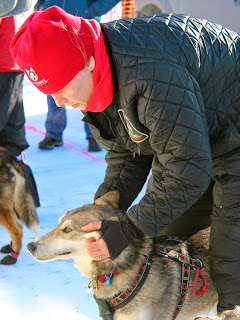
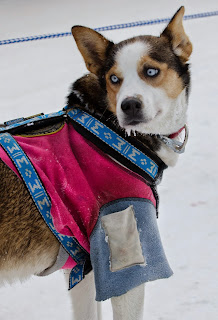

Nacho and Aliy try to keep it calm at the Race Start; Olivia looks back for guidance; Chemo gets a pep talk.
Of course, a pack or a team must have a leader. In the world of dog mushing, that alpha is the musher. He or she is the pack leader. The musher makes all of the decisions for the team. The dogs expect this. No leader would ever put the decisions of the pack in the hands (or paws) of the team. That’s how indecision, turmoil and arguments come about. The leader also needs to make smart decisions.

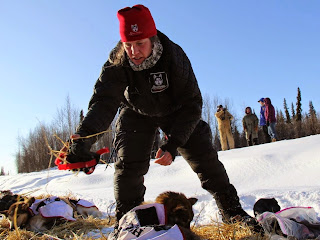
Aliy talks to Bruce Lee about her race strategy during a rest stop; The musher must take care of the dogs and they will take care of the musher.
Overall, there needs to be a complete and thorough understanding between leader and team. The biggest failure a leader could make is an unwise decision which causes the pack to loose confidence. That would be catastrophic.
This blurb is from Aliy’s 2012 Trail Notes:
“This understanding consists of respect and love. It might sound cheesy but, to me, dog mushing is a fine balance between respect and love. I know what my dogs need, I know what they want, and I know what they will do for me. That’s where the respect and love come into play. I must respect their limits and abilities and only then will they continue to love me and do whatever they can to please me. I need to know exactly what I can ask from each individual dog. They are my teammates, my buddies, and the bottom line is this: their love and respect is my only mode of transportation through 1,000 miles of Alaskan wilderness.”
At SP Kennel we have some musher guidelines:
- Have fun. (This might sound silly and some dog mushers will surely scoff at this statement. But fun, to us, means: you stay positive, you smile and you always encourage your team. This creates an upward competitive cycle. SP Kennel is not a military Boot Camp. Our dogs were raised and trained in a positive, happy environment. Don’t change this just because you are racing.)
- Have high expectations. (Yes. We actually do want to win.)
- Play no favoritism. (Every dog on the team can effect your race’s outcome. Keep that in mind.)
- Enforce Team rules. (During training there were rules that the team understood and expected. These need to be upheld during the race. The dogs know and respect these rules. A musher must never change the rules half way thru the race regardless of whether he or she is tired, cold or miserable. A musher must stay true to their team.)
- Deal with problems quickly. (Bad things happen in life and certainly on the Iditarod. When there is a problem, fix it. Don’t dwell on negatives. The best example of this is dropping a dog. It is never easy to leave a dog at a checkpoint, but sometimes it must be done. Out of respect for the team, make the decision and carry on. The team will be together again at SP Kennel after the race.)
All in all, there is a lot of pressure on a musher. As there should be. For goodness sake… everything comes down to the choices that he or she makes.
I was watching the Iditarod Insider videos from the 2015 race. I saw quite a few mushers mentally coming to terms with the decisions that they had made for their teams… good or bad… or wrestling with decisions that they were trying to make. I’m sure that with my true insider’s perspective to the race, I had a different interpretation of some musher’s strategies and race plans. But, overall it was great to watch the mental mindset of a musher during the thick of the 2015 Iditarod competition. And I will admit that I laughed outloud at a few videos, sadly some of them featuring yours truly!


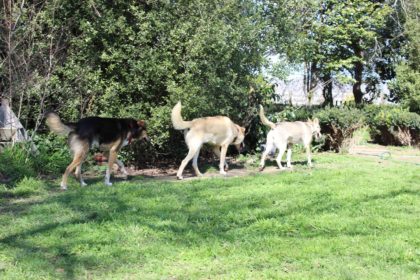
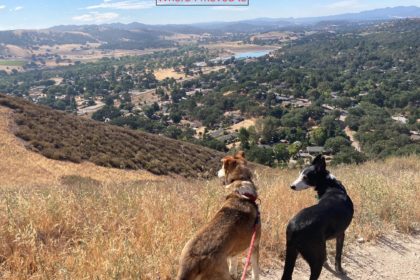
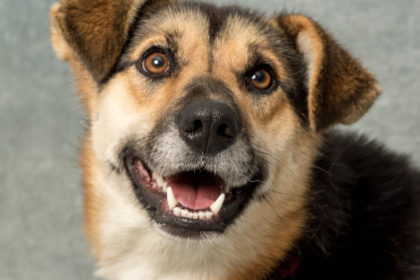
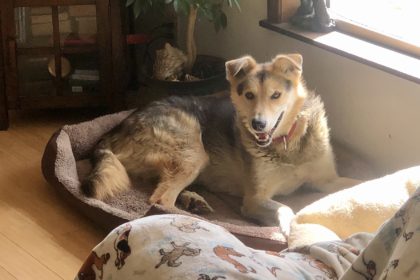
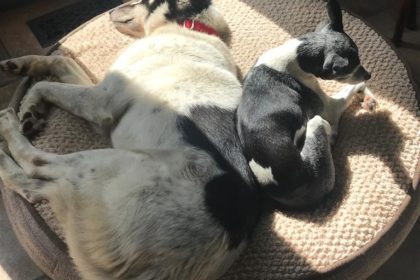
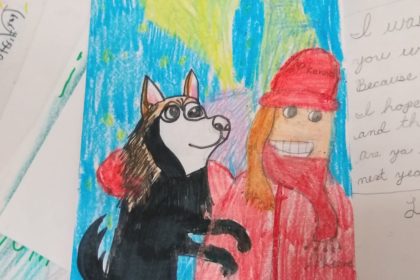

Thanks so much for this part three of the series. I was so proud of the Red Team this year especially.
What a ride!
The best thing about following SP Kennel is how much we get to know the 4-legged team members through the season. And as the Brooklyn Dodgers used to say…wait "til next year!!!
Woof, woof!!!
The Musher Guidelines also apply very well to human teams! I forwarded this on to my boss, the CEO.
Steve Laine
Is there a part 4 to this series. I'm really enjoying the insight. I like the comment on not playing favorites. I only have two dogs and I try to give the same attention/playtime and affection for both. With the number of dogs you have, that is a huge task. Staying true to the rules even when you, the mushers, are tired is no small task either, but I can see where it's imperative. As always, I love checking in and seeing more on this website. Thanks.
What an incredible teacher….in many respects!
Id like to be reincarnated as an SPK Sled Dog Please!! Your guidelines are spot on as well as being great advice for enjoying adventures with our own canine buddies!! Thanks for sharing this great insight….over the years this blog has helped me become a better "Pack Leader" for my pups!
PS: Love that picture of you and Chemo!
Nice sharing SP Kennel philosophy and perspective on discipline.
Best, Trish
Thanks for your insight and perspective on dogs. I am learning a lot about dog handling from your blog – am training my first Search and Rescue dog and the principles are the same.
We know you want to win, and your fans want you to. Knowing you always stay true to your rules, and do the right thing for your buddies is the most important thing to me. Just like a dog on your team, I trust you.
So cool. What a wonderful community we have.
Thanks for bringing us together SPK!
Ditto to what SAY said!
Thanks so much for these 3 posts on what dogs learn during Iditarod. The musher guidelines apply to so many situations. I have learned so much from this series. The pictures have been great. Thanks again.
I am often impressed how much similarity there is in training dogs, or horses and mules as I once did and raising kids. It is truly all about a balance of love and respect–and for respect you have to be in charge and make and enforce rules. Some call discipline a dirty word but it does not mean punishment! Obedience comes from love and knowing what is right, not fear. Everyone needs parameters to know where they are and how to be!
Aliy sets this forth so clearly and well; she is a great teacher!! And she wins and keeps the love of her dogs–and that shows crystal clear! Very impressive!!
If you ever decide to write a book on leadership, I bet it would be a top seller! (and sincerely hope you may consider doing so someday)
Thank you for your insights. It's always a pleasure to read your blogs.
When grad students ask for advice about their jobs or workplace, I refer them to this blog. These three on how dogs learn through the Iditarod may be my favorites, at least for now, until the next post. Every post is thoughtful and thought provoking. Thank you so very much for all you do, sll the time.
Another way in which SP Kennel appeals to me as a team or teams to align myself with, is how the mix of ages on the teams reflects living itself.
And furthermore, that each "generation" of the SPK 4-legged family does what animals in the wild, I think, do: they pass on knowledge from the wise and mature to the young and eager.
Thank you Aliy and Allen for sharing.
Thanks Aliy for your candor. I so respect you and Allen's approach to the care and training of your dogs. A class act!